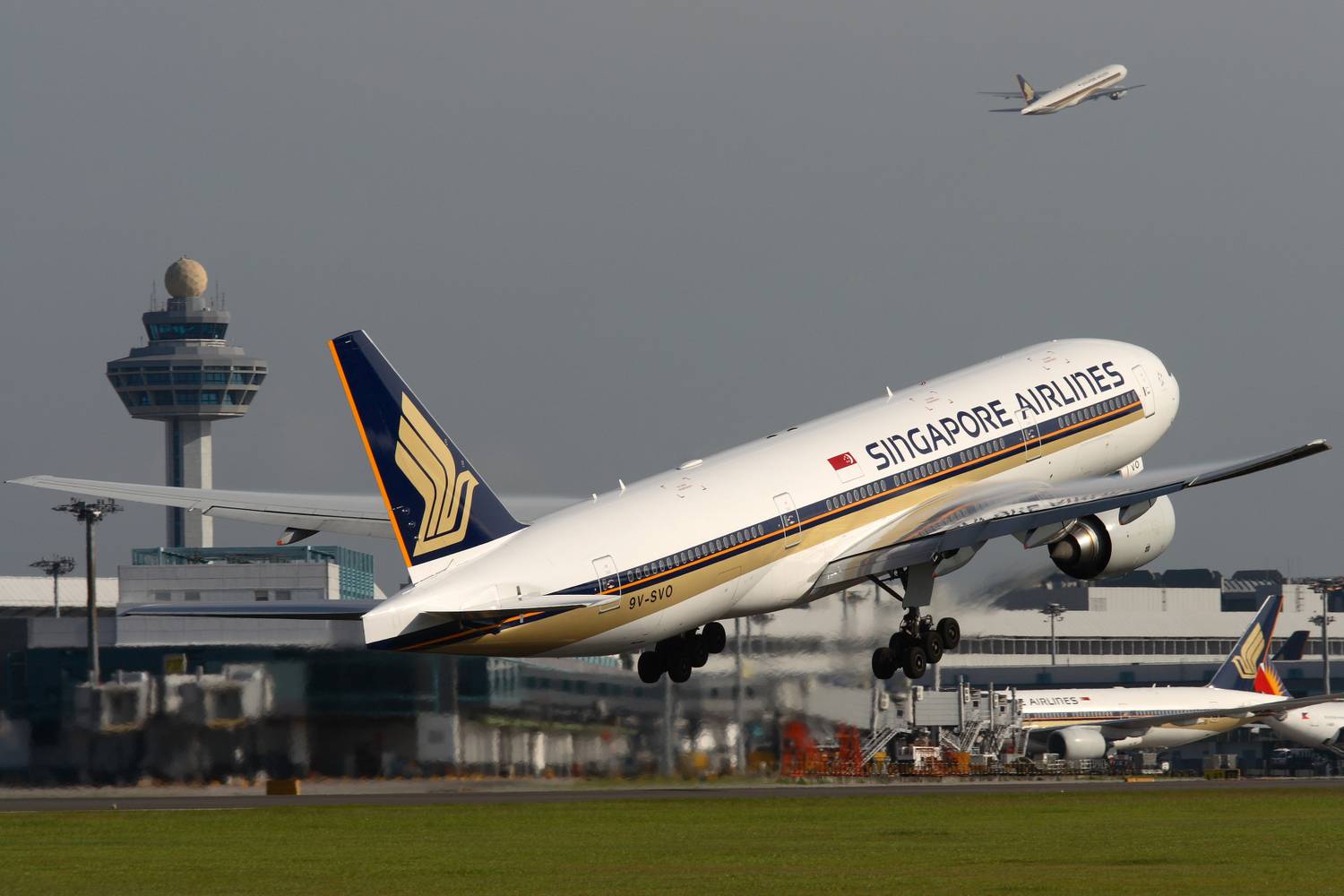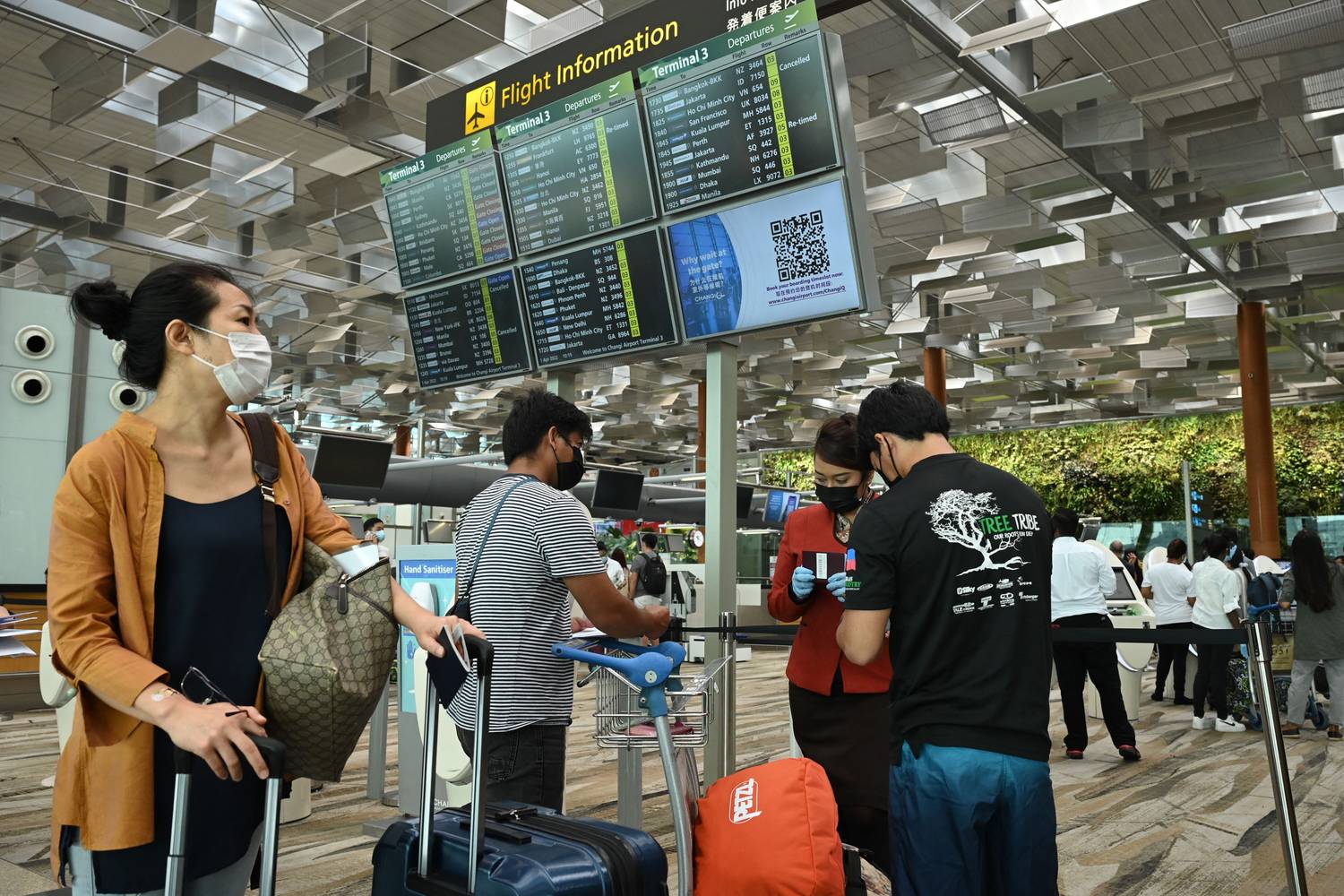
Earlier this week, Singapore Airlines (SIA) announced that it would launch the sale of sustainable aviation fuel (SAF) credits in July 2022. The move is part of a pilot initiative of the Civil Aviation Authority of Singapore (CAAS) and global investment company Temasek to advance the use of SAF in Singapore.
he credits will be available for purchase to corporate customers and individual passengers as well as air freight forwarders. On offer will be a total of 1,000 SAF credits, corresponding to 1,000 tonnes of neat sustainable fuel uplifted from Singapore Changi Airport, to be blended with conventional jet fuel.
Every credit purchased is expected to reduce CO2 emissions by 2.5 tonnes, for a total of 2,500. Now, this might be a mere fraction of the emissions that the regular fuel still needed – both for regulatory reasons and a lack of supply – is responsible for. However, aviation isn’t going anywhere, neither is climate change, and the transition toward sustainable fuels has to start somewhere. Ms Lee Wen Fen, Senior Vice President Corporate Planning, Singapore Airlines, said,
“As we progress with the SAF pilot in Singapore, we can now offer more opportunities for our corporate customers and travellers to mitigate their carbon emissions using SAF credits, which are registered and accounted for within the RSB Book & Claim System. This will help to accelerate and scale up the collective adoption of SAF, reinforcing our commitment to achieve net zero carbon emissions by 2050.”

By purchasing SAF credits, customers will help stimulate the demand for SAF, which in turn will increase supply. As it becomes more available, even though they are by no means a perfect solution, sustainable fuels will begin to make more of a dent in aviation’s carbon footprint.
Sustainable Air Hub Blueprint in the works
Singapore has its sights set on becoming a South East Asia SAF hub. As part of its Green Plan 2030, Changi has ambitions to become one of the early movers in the region, thus far lagging behind the US and Europe when it comes to production and uptake. Mr Han Kok Juan, Director-General, CAAS, stated,
“The creation of a trusted and vibrant marketplace for the sale and purchase of SAF credits in Singapore will help support the adoption of SAF which is essential for the decarbonisation of the aviation sector and a key element of the Singapore Sustainable Air Hub Blueprint which CAAS is developing.”

Combining offsets and SAF
From Q4, all of SIA’s customers will be able to purchase a mix of SAF credits and carbon offsets as part of the SIA Group Voluntary Carbon Offset Programme, through a partnership with Climate Impact X, a global marketplace and exchange for high-quality carbon credits. Mr Mikkel Larsen, Chief Executive Officer, Climate Impact X, commented,
“SAF credits can help to spur adoption by enabling competitive price discovery, and channelling finance towards projects that can drive the use of sustainable fuels at the scale necessary to support decarbonisation in the aviation sector. Through CIX’s ongoing efforts to curate verified projects for our platforms, we aim to increase access to quality carbon credits worldwide and drive environmental impact at scale.”
Source Simple Flying



